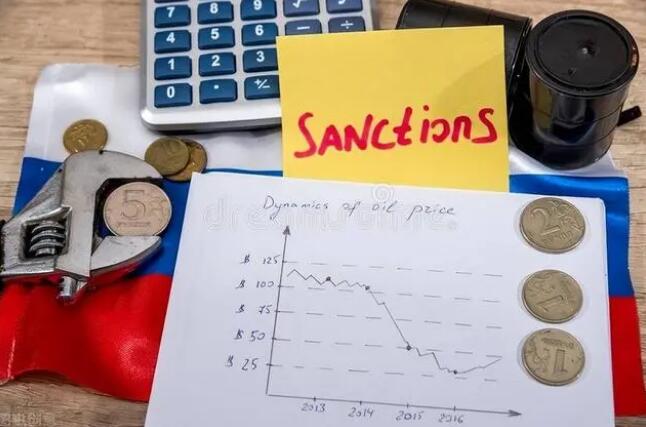slippage
Slippage is a certain gap between the specified price when placing an order and the final actual transaction price, which is one of the transaction costs. In order to facilitate understanding, Brokersview gives you an example here. Investor Zhang San intends to go long GBP/USD at the buying price of $1.2573, but after the order is issued, the final transaction price is not the previously set $1.2573, and the transaction price may be $1.2574, so the transaction price is higher than the original price We call this quote positive slippage; conversely, when the actual transaction price is lower than the original specified quote, it is negative slippage.
There are two situations in which slippage occurs: one is a negative slippage that causes losses due to excessive losses at the stop-loss position, and the other is a positive slippage that causes excessive profits after slipping out of the take-profit position. Most investors would like to see the phenomenon of the latter profitable.

So why not trade at the originally specified price?
- Network Latency
The network delay is also the execution speed of the trading platform. Generally speaking, the trader obtains the quotation through the exchange where he is located. After the customer submits the order, it is submitted to the exchange through the server. When the system price triggers the customer’s transaction order, such as For market order, take profit order, stop loss order, and other pending order prices, the system will look for the price that matches the customer in the ECN quotation pool system to fill the order for the customer.
In this transmission process, there is often a relatively small delay (usually in the millisecond level), but if the market price starts to fluctuate violently, the market quotation will change, and the server cannot handle the resulting delay. will happen. Different from the second confirmation popping up on the market maker platform, such as “The price has changed, do you need to trade?”, the ECN platform will not ask the customer to confirm the second time, but will directly trade at the latest price. At this time, the price of the transaction may be slightly different from the price the customer wants to complete. - Market quotation fault
Liquidity can be said to be the air of financial markets, and a market that loses liquidity must be an inactive market. The same is true for the spot gold market. Similar to other markets, once a customer conducts a sell operation, there must be another customer for a buy operation, so as to ensure the normal operation of the market. - Market volatility
When the market fluctuates greatly, slippage is very easy to occur. For example, when some major events occur, the market price is easily affected, resulting in the order being unable to be filled at the most suitable price.
Of course, it is also possible that informal traders deliberately manipulated inside. We call it abnormal slippage, which is often caused by the malicious actions of some informal traders.
In theory, the probability of positive slippage and negative slippage is the same, that is, the probability of you benefiting or losing from slippage is equal, which is also completely reasonable. Asymmetric slippage, that is, abnormal slippage, is the performance of traders who deliberately black money. When distinguishing between normal slippage and abnormal slippage, traders can find several other analysis software or trading software, check the difference between different platforms at the same time point, and then judge whether it is normal slippage or abnormal slippage.
Possible effects of slippage:
When there is a slippage in the take profit, your order may be a market order or a pending order, and the main price changes cause the system to not execute the order accurately at the price you requested, and give you a price that is more favorable to you implement. Conversely, if you execute at a price that is not favorable to you, the stop loss will also experience slippage.
When encountering a special gap market, slippage may also cause your position to explode into a negative value.
Can slippage be controlled?
First of all, the slippage is related to the stability of the platform, so it is very important to choose a good platform. Eliminate this reason and go back to the previous article, then the slippage is unavoidable, and its occurrence is beyond human control, and there is no way to ensure that it will not happen. Slippage, but there are steps you can take to keep slippage within a trader’s acceptable range. And ordinary investors want to avoid slippage, they all refer to negative slippage, so we need to hedge!
What Is a Hedge?
To hedge, in finance, is to take an offsetting position in an asset or investment that reduces the price risk of an existing position. A hedge is therefore a trade that is made with the purpose of reducing the risk of adverse price movements in another asset. Normally, a hedge consists of taking the opposite position in a related security or in a derivative security based on the asset to be hedged.
Derivatives can be effective hedges against their underlying assets because the relationship between the two is more or less clearly defined. Derivatives are securities that move in correspondence to one or more underlying assets. They include options, swaps, futures, and forward contracts. The underlying assets can be stocks, bonds, commodities, currencies, indexes, or interest rates. It’s possible to use derivatives to set up a trading strategy in which a loss for one investment is mitigated or offset by a gain in a comparable derivative.
Skill
- Try to hedge when the exchange rate falls to an important support level or may break through an important resistance level.
- Control the position size and transaction size when hedging.
- Hedging should be done as early as possible, and do not wait for passive use.
- Be sure to set a stop loss when conducting foreign exchange hedging.
